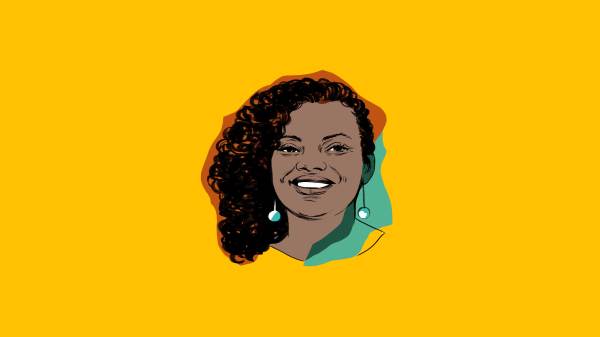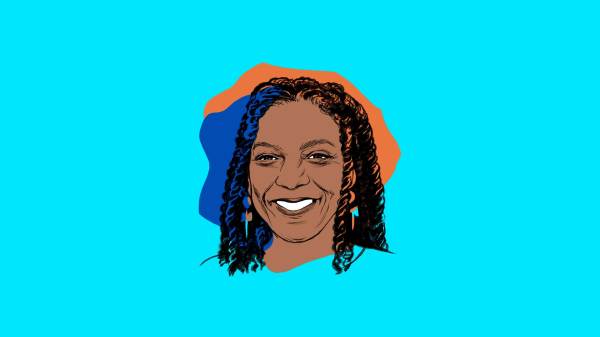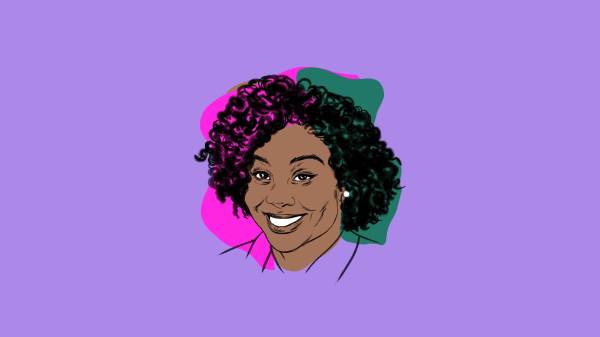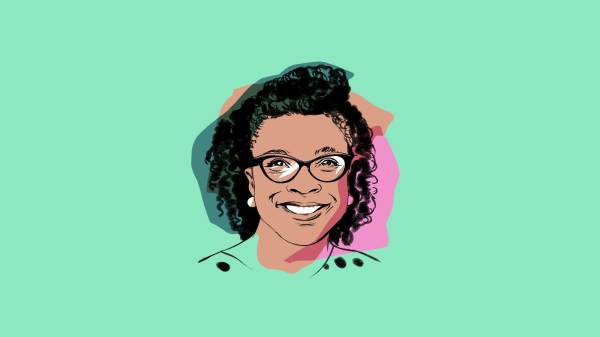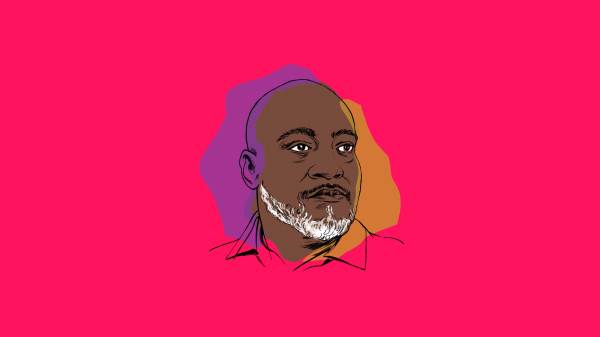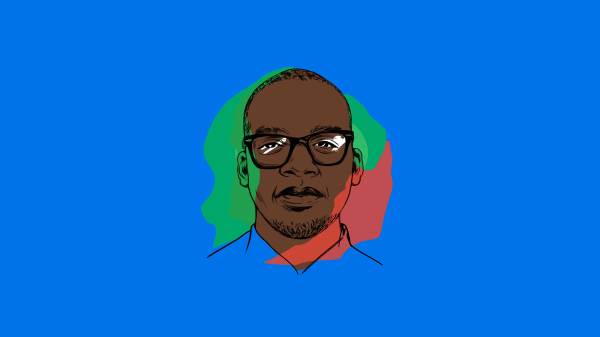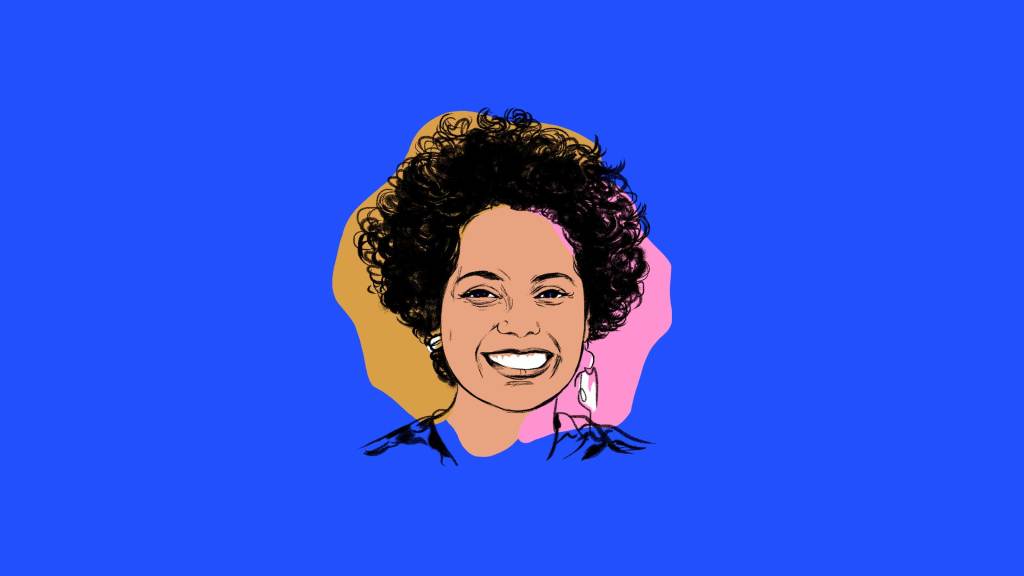 Illustration by Agata Nowicka
Illustration by Agata NowickaWhat would you do if the president of your country accused you—falsely—of spreading fake news? If you’re journalist and activist Bianca Santana, you take up your pen and write about it.
Last spring, she wrote a piece for UOL, Brazil’s largest Portuguese language website, that drew connections between far-right president Jair Bolsonaro and the 2018 murder of Rio de Janeiro councilwoman Marielle Franco. When he targeted Santana on his weekly YouTube address, she faced a barrage of attempted email and social media hacks, online harassment—and death threats.
Uncowed, she recounted the incident in The Guardian. In early July, Santana, on behalf of 19 organizations, testified before the United Nations Human Rights Council in Geneva about Bolsonaro and his ministers’ many attacks on women journalists, putting their lives at risk. The president then apologized, a rare gesture from Bolsonaro, and has since been ordered by a judge to pay her about $1900 in damages after she sued him for about $9900.
Empowering Black Brazilians is Santana’s calling. Her activism started when she was a child—her grandmother, a maid, was illiterate, and Santana made it her mission to teach her to read and write. By the time she was 12, she understood the importance of words and started teaching adults and children in her Sao Paulo suburb. She remembers one particular woman who couldn’t afford to call her family in a different part of the county but, once she learned to read and write, she saved up enough money to access the internet and kept in touch by social media. It was Santana’s upbringing that instilled in her the spirit of generosity and taught her what she calls the miracle of multiplication. “Each person in the church donated one kilo of food on the altar and we had more than enough for anyone who needed it,” she said. “I discovered the power of doing things together to benefit vulnerable people.”
That strength in numbers guides Santana’s work at UNEAfro Brasil, which helps young Afro-Brazilians access higher education and is part of the Black Coalition of Rights, a group of 150 organizations fighting for racial and social justice across Brazil. The statistics are alarming—a young Black man is murdered every 23 minutes, Blacks are killed by firearms 2.5 times more than whites, and 75 percent of murder victims are Black. So alarming that Black Coalition of Rights released a campaign equating the state’s treatment of Afro-Brazilians to genocide. In August, it called for Bolsonaro’s impeachment for eroding the quality of life of Blacks, who make up more than half of the country’s population. The coalition has also helped block racist legislation in Congress and participated in the creation of economic policies to help those impacted by the pandemic.
With her gift of words, Santana sheds a light on injustices to right, inequities to reverse, indignities to restore—even if doing so puts her life in jeopardy, even if she never witnesses the fruits of her labor. “I do not expect to benefit in my life from the work I do today,” she said. “But I hope to pave the way toward racial and social justice.” Spoken like a true trailblazer.

